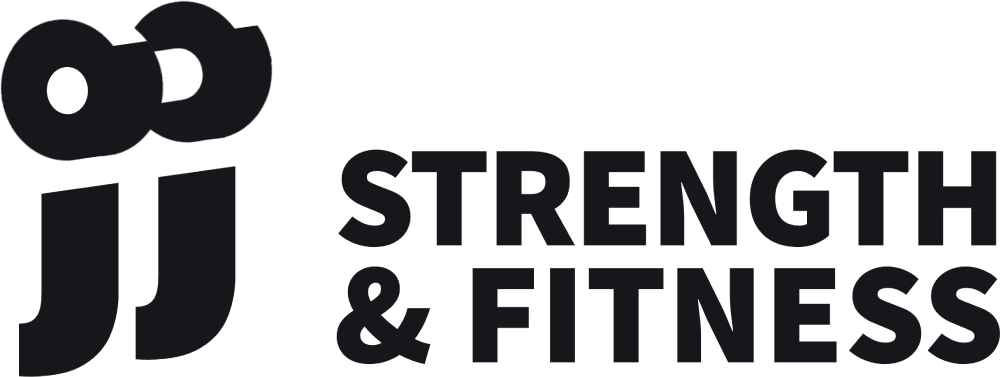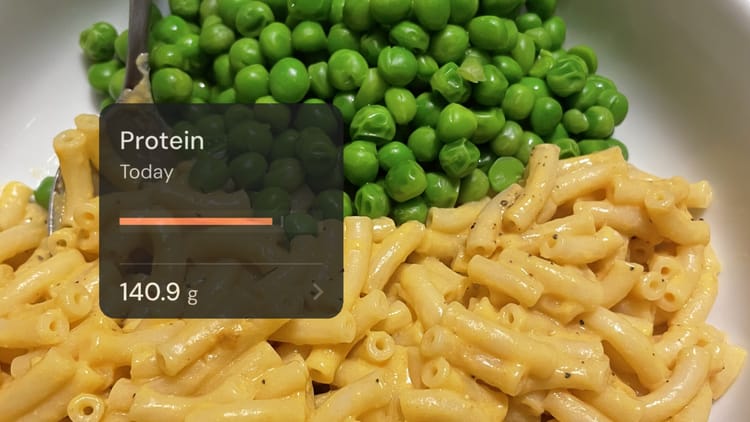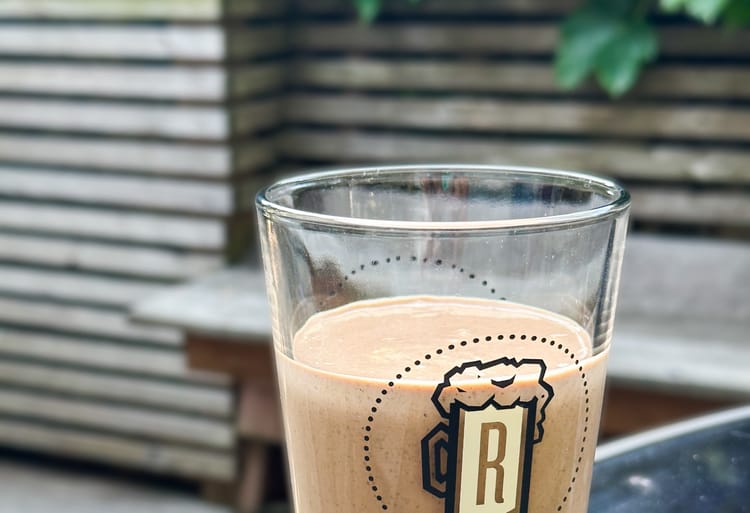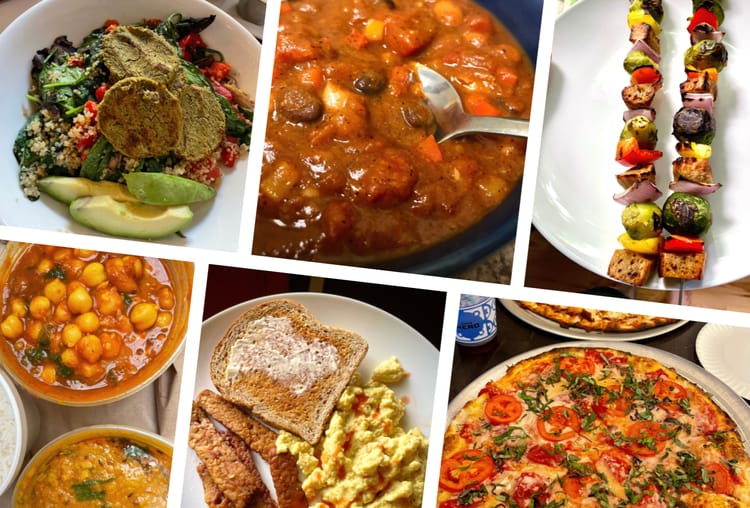"I want to lose some weight."
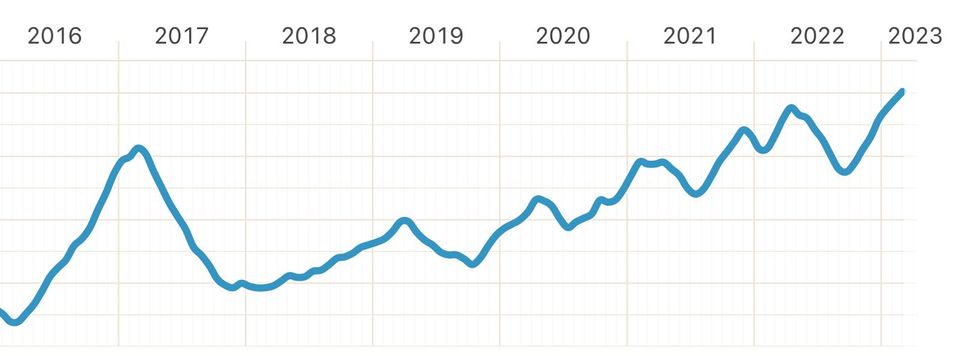
Living in a fatphobic society means nearly all of us want to lose weight or avoid body fat. Weight discrimination is a constant (and legal) harm for the majority of Americans. In medical settings, doctors use BMI as the most important or even sole measurement of a person's health, resulting in bad healthcare. (For a personal testimony, please read Marquisele Mercedes' article, No Health, No Care.)
Weight loss is hard for nearly everyone, and studies show "diets" often fail in the long term. Still, social and internalized pressure means weight loss is a fitness goal for most people. Rather than dismiss this goal, I aim to take a harm-reduction approach to weight loss efforts.
If you want to learn more about the difficulties of "diet culture," see what I wrote about affirming alternatives to dieting.
Note: I am not a trained nutritionist, and this article is not medical advice. It is a combination of my own philosophies and governmental research recommendations.
I believe the more flexible your strategy for your body weight, the better. Many popular weight loss programs profess "calories in, calories out," a scientific-sounding over-simplification that is very inflexible. The strategy I suggest instead is:
The goal of this flexible strategy is to reap more health benefits, with fewer risks, while you explore your limited influence over your body composition. Instead of suffering through restrictive eating and stubborn scale numbers, we're seeking a more empowering perspective on our quality of life.
Consistent exercise
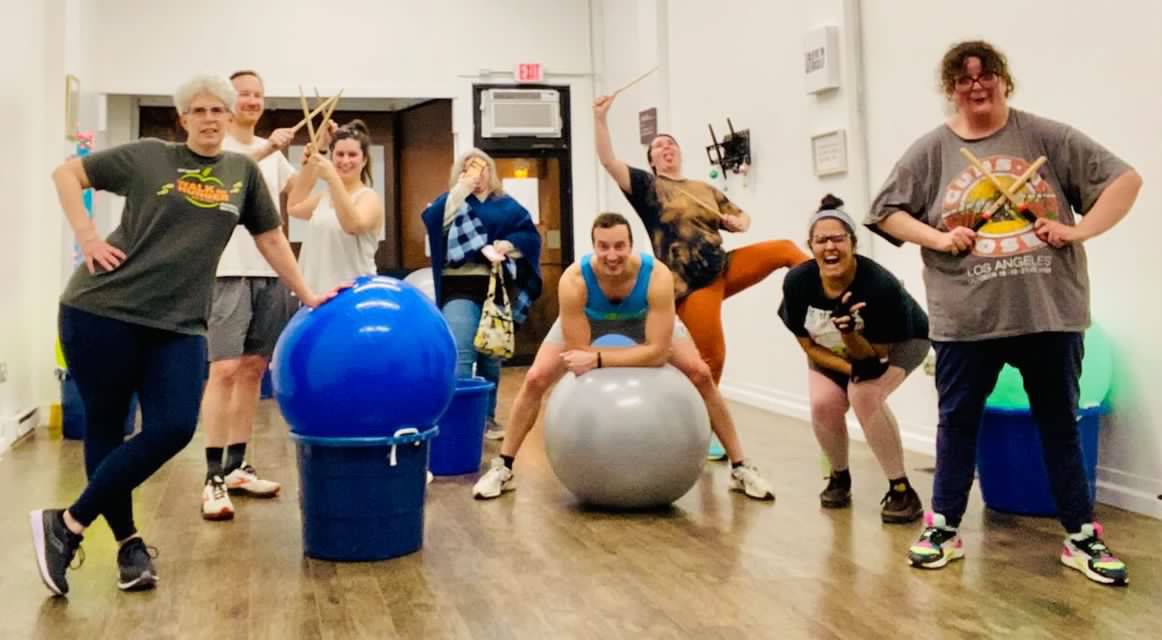
Consistent exercise, which has many health benefits, is also one way your body burns food energy (calories). The U.S. Health & Human Services recommendation is at least 2.5 hours per week of moderate-intensity activity, like walking. (See my database of 300+ activities and their intensity levels.) As you approach 5 hours per week (or 2.5+ hours at high intensity), your body conserves energy to compensate – so doing more exercise will burn less than you’d expect. A consistent, enjoyable routine will be more effective than trying to punish your body.
When most people say they want to lose weight, they're talking about losing body fat, since fat is stigmatized and lean mass, like muscle and bones, is not. Without exercise, weight loss (especially through food restriction) causes more lean mass to deteriorate along with fat. Consistent exercise stimulates the body to preserve more lean mass, relatively speaking.
Mindful eating
Besides your inherited genes, your food intake has the greatest effect on your weight. For me, mindful eating means being aware and “in the moment” when I’m choosing foods and enjoying their taste. It's not a coincidence that many processed foods with refined sugar and oils are so addictive that I eat them quickly, without much awareness.
One way to understand your food choices is to “journal” them, which could just mean taking a photo of every meal and snack. Looking back through your journal allows you to see your food choices at a birds-eye view.
Tracking food with an app is a (slightly) more scientific approach, though it feels stressful for some people and certainly isn't necessary. If you do want to log your energy intake, I recommend doing so only for a limited period of time by using the MacroFactor app. (They don't pay me to recommend it.) This app compares your eating trends with your weight trends, and then it dynamically adjusts your targets to make up for the inaccuracies of calorie estimates. It also never shames you for what you consume. After the 2-week free trial, you’ll have enough data to understand your food habits and see recommendations, and then you can stop using the app.
A trap with calorie tracking apps is the app mechanics that reward you implicitly for choosing low-nutrition foods with scannable barcodes, like a zero-calorie soda, over nutritious whole foods, like an apple (which has calories as well as vitamins, fiber, and energizing carbs). I think the Canadian food guide below does a better job of showing nutritious, less processed food choices at a glance. Valuing your more wholesome foods is something to keep in mind while tracking with an app, and it’s one reason why simpler journaling can be effective instead.
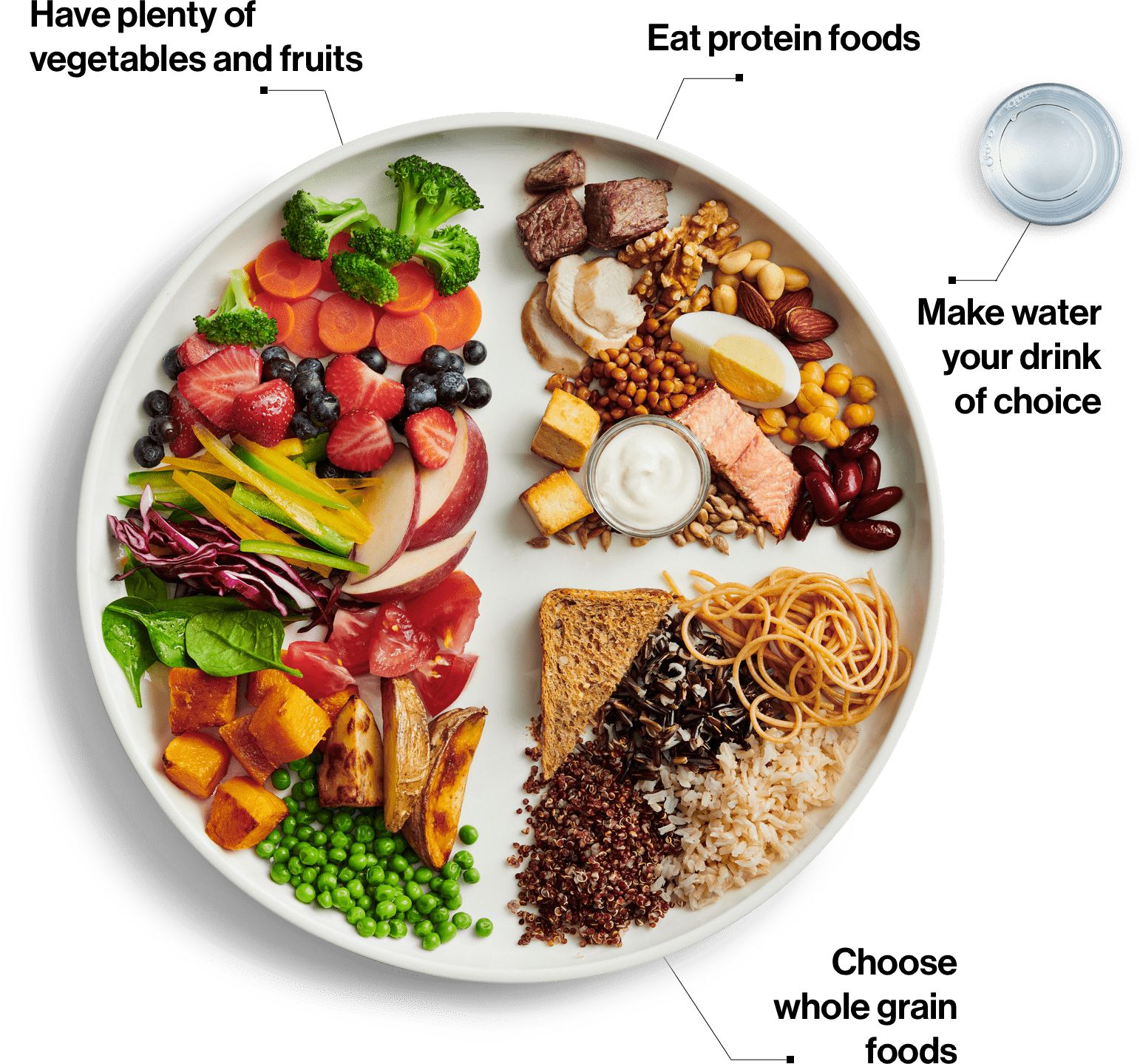
One more note: Mindful eating is not a "diet." You should find food choices that you'll continue to enjoy long-term (with some flexibility to deviate). In contrast, at the end of a “diet,” the body will try to return to its preferred homeostasis of your previous weight (as seen in the yo-yo effect).
A complementary habit to either journaling or app tracking is to observe how foods make you feel. A simple reflection on your energy levels, digestion comfort, and satiation after eating various foods will inform your mindful eating. We all know the feeling of a sugar crash. Observing other body cues, like "Did my rice bowl at lunch make today's walk feel easier?" or "Do I feel fuller from bean salad than fruit salad?" can lead to some really exciting food changes.
Understanding weight trends
Understanding the trend of your weight change is the best way to figure out what's actually happening and avoid some frustrations as well. Our bodies fluctuate several pounds per day, so it takes 2-4 weeks to see the underlying trend.
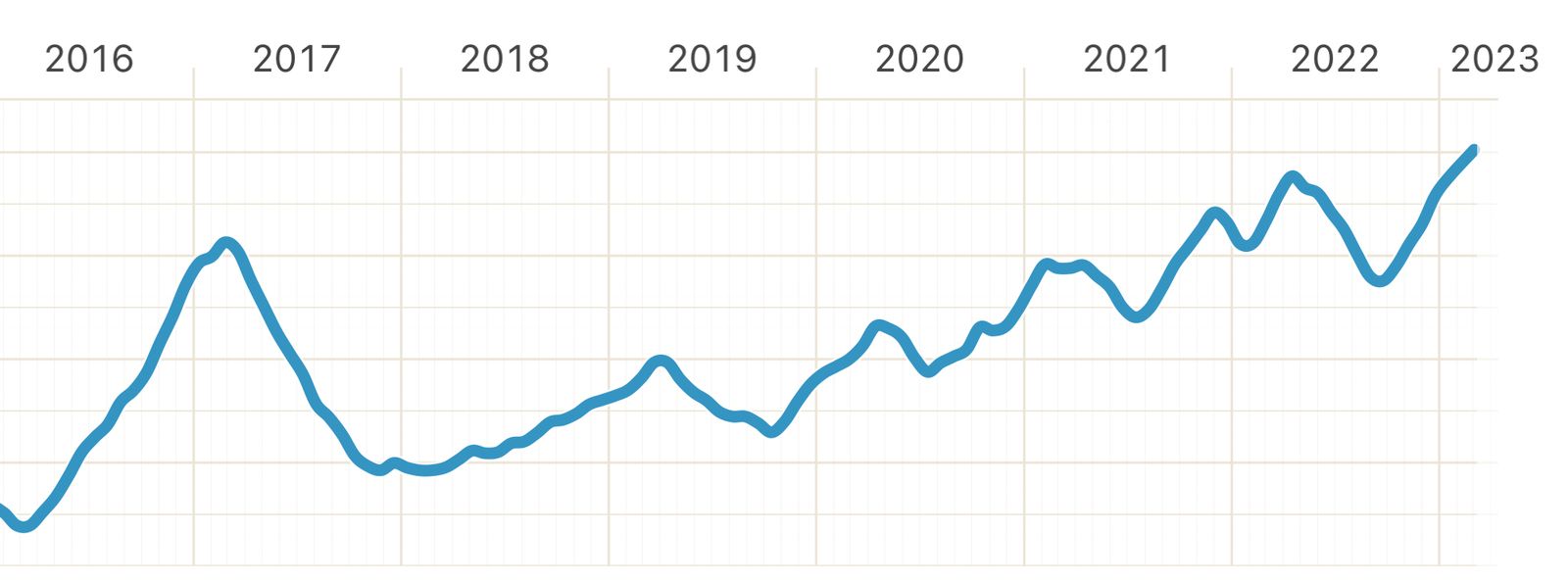
Most weight logging apps will show a weight trend, but you’ll have to avoid the daily/weekly view and look at a 1-month or 6-month timeframe (or longer).
Weighing yourself every day in the morning, between the bathroom and breakfast, is best for consistency. When you look down at the scale each morning, just remind yourself that the number is a meaningless data point without its context. (If you have a "smart scale," you can even tape over the display and just let the data sync.)
After about two months, you can look at any changes in your weight trend. For example, if you’ve lost weight initially, you might see the rate start to plateau, since the body adapts when it receives less food energy. You can then ask yourself if making even more lifestyle changes feels worthwhile, or you can accept that your current habits are likely your “maintenance mode” for the near future.
Even equipped with your weight trends, you can't draw direct causation to your food choices, since there are many other factors (sleep, age, genes, even where you live). Over the course of several years of observation, you'll likely discern the degree to which your food choices sway your weight trend.
If weighing yourself every day seems stressful, I suggest not weighing yourself at all! Weighing yourself only occasionally won't give you enough data to see through the signal noise. Your doctor can weigh you at appointments, but at home, you’re better off using two other observations: your waistline or your reflection in the mirror.
Measuring waist circumference is the best, low-tech way to estimate changes in body fat over time. (Even “smart” scales are terrible at measuring body fat % with any accuracy.)
Regularly looking in the mirror — looking to observe, not judge — can also show you changes in your body composition. Usually, your appearance is the reason behind your weight goals anyway! An added benefit of relying on the mirror instead of the scale is having many other factors you can adjust: your posture, your self-esteem, even your clothes.
Putting it all together
With consistent exercise, mindful eating, and understanding your weight trends, you can avoid some of the psychological or even physical harms that weight loss attempts can cause. The goal of this flexible strategy is to find active routines and new foods that you enjoy! Then, over time, you can observe your body's changes and understand your limited control over its weight.
We all deserve full agency over our bodies, and practicing the agency you have is empowering! If you do lose a number of pounds (like many people do), you can appreciate it without assigning the entire value of your lifestyle to that number.
My hope is that by discovering new things about your amazing body – when it changes in ways you did and did not choose – you will accept and care for your whole self. Even when our world does not.
